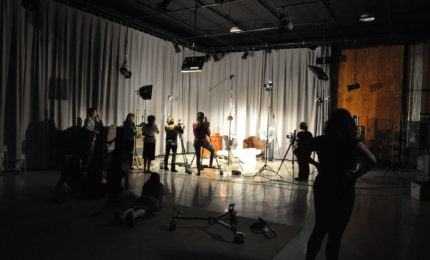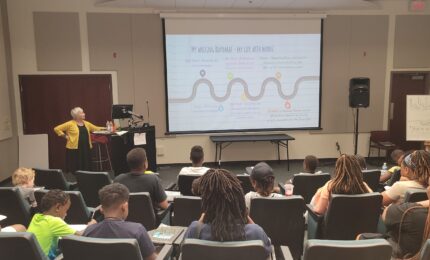Production Jobs Deep Dive: Producers
By Grace Smith | January 30, 2024
“What does a producer actually do?” is a common question people new to filmmaking ask, and the answer is both “a lot” and “it varies.” There are many different kinds of producers, so here is a breakdown of a few of them:
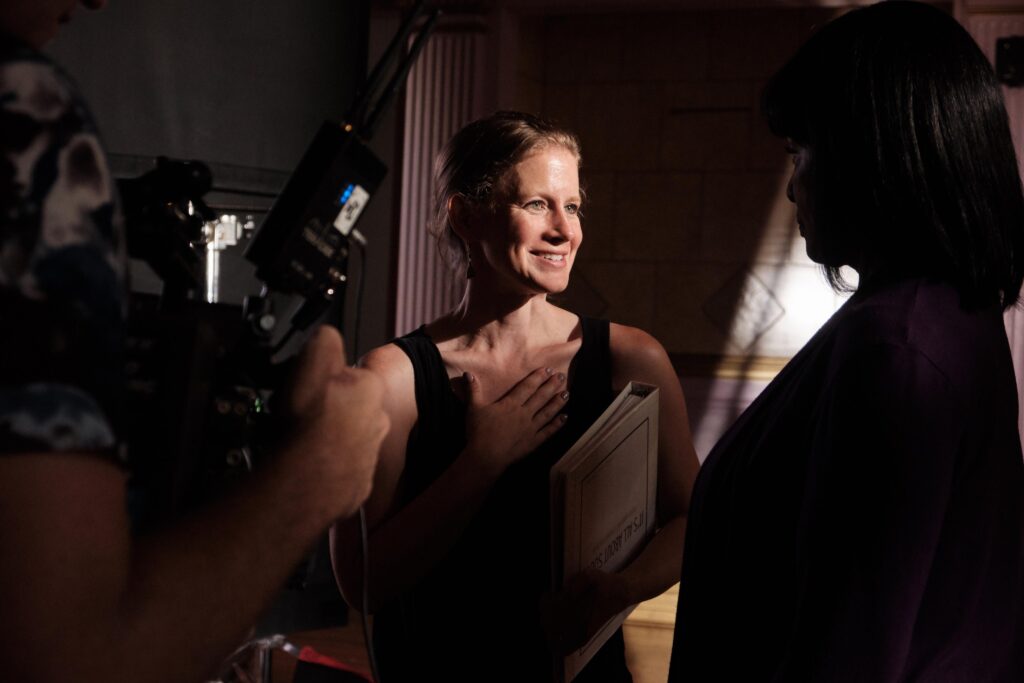
Creative Producer: This kind of producer is usually the earliest brought on to a project. They either have an idea they bring to a writer, or a writer comes to them for help with a script. This producer will give notes on the script, bring the creative team together, and has input on casting, among other things. A creative producer can also option a book, article, or other kind of IP.
Executive Producer: This producer generally brings in the money, whether it is their own funds or raised from investors. An executive producer can also be a creative producer, and on a small budget project, they often have to fill a few different roles.
Line Producer: While other producers generally work with “Above the Line” (writers, directors, actors, etc), a Line Producer manages everything “Below the line,” (everyone else needed to make a movie happen). They are often in charge of the budget, logistics, and hiring crew.
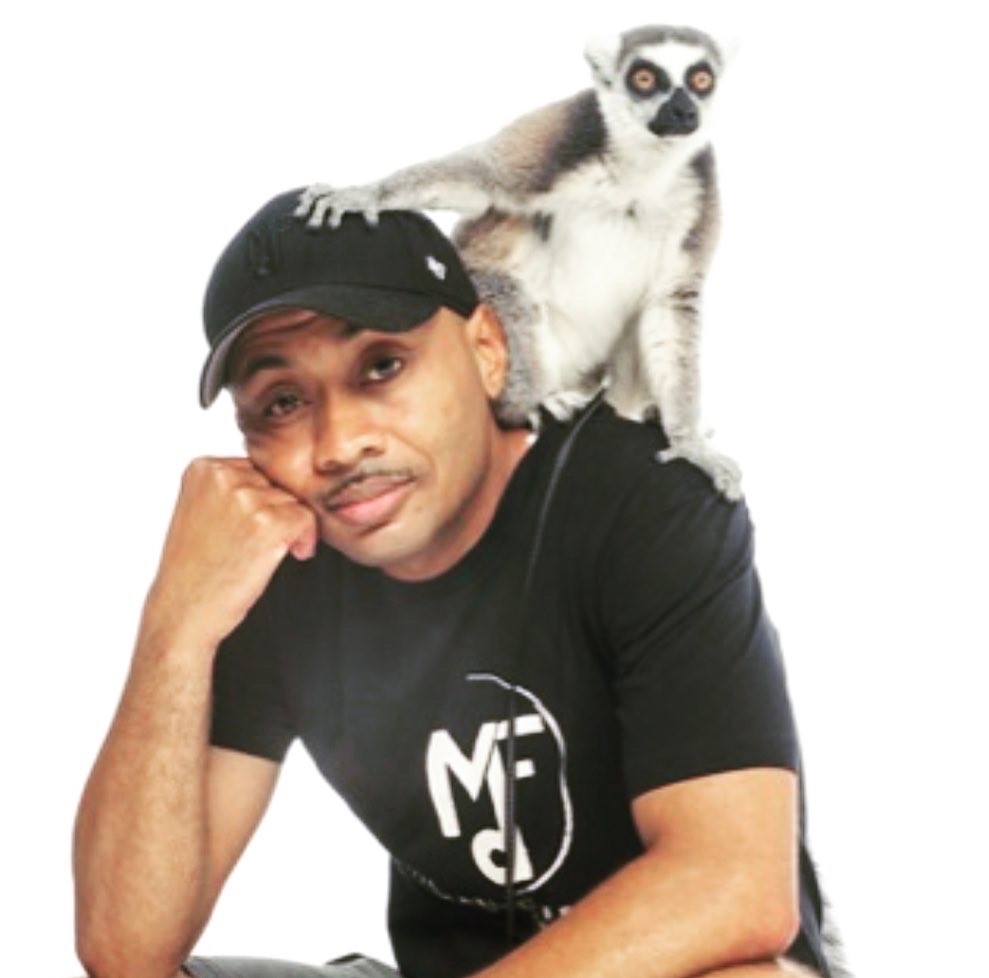
Television Producer: In narrative television, all writers are usually producers, and the head writer is called the Showrunner. This is not an official title, but a well known one. TV is generally considered a writer’s medium, because it is the Showrunner who is in charge, rather than the director. The Showrunner’s official title is Executive Producer, and other titles are Co-Executive Producer, Supervising Producer, Producer, Co-Producer, Story Editor, and Staff Writer. These titles are given based on seniority in the writer’s room. In non-scripted tv, producers are not writers, but they do serve a similar role on set.
Field Producer: This role is typically found in news and reality TV, and is the producer who is, as the name implies, in the field. They often travel with the video photographer and interview subjects or get B-Roll.
We could go on, but that is enough for now. Many working producers have, either simultaneously or at different times, filled many or all of these roles.
When asked what kind of producer he is, Cole Payne, a producer based in Central Missouri, said “Across the board; I develop/option material, attach talent, raise financing, deal with tax incentives, figure out the best place for production, oversee production and post all the way through sales.”
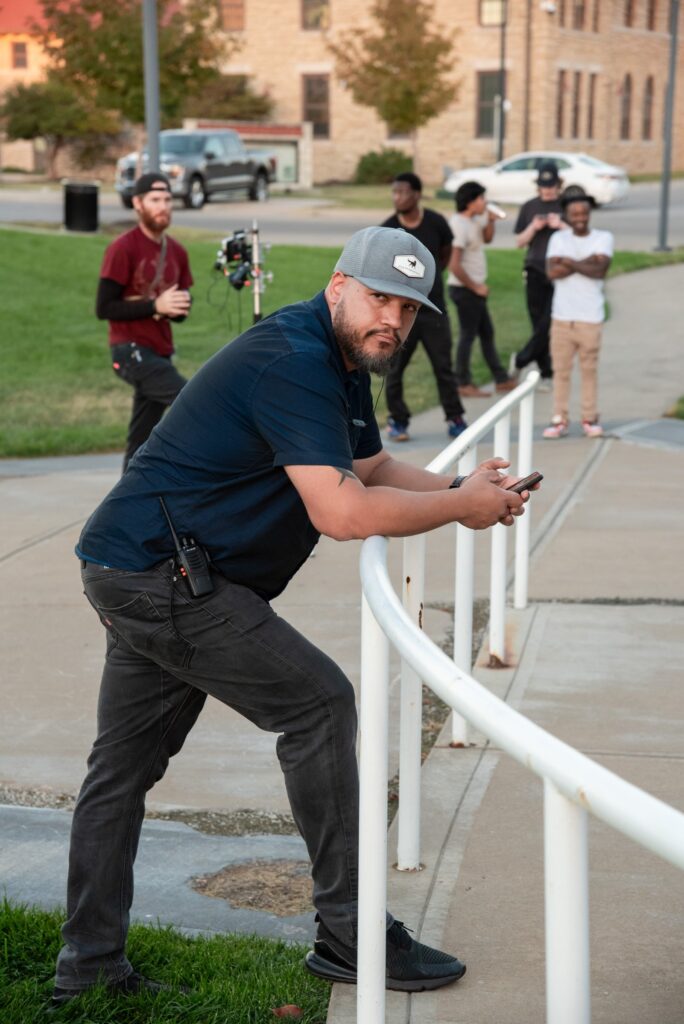
But even though you can fill multiple roles, Jessica Ambuehl, a producer and actor based in St. Louis, believes that, “[A]lthough I’ve held various producer titles from field producer, line producer, associate producer, and beyond, at the end of the day, “producing” comes down to a specific set of skills that revolves around details, communication, planning, perseverance, and patience.”
While that may be true, Michael D. Francis, a St. Louis-based non-fiction television producer has said “A major misconception about producing is that all producers have the same function, roles, or skill sets. A producer’s function, role, and needed skill set are different for each project.” This tells us that being adaptable is key when you want to be a producer.
But what makes a producer sign on to a project in the first place? Gina Goff, a producer who recently relocated from Los Angeles to Central Missouri, said that there are four things that make her say “yes” to a project. “1. The script is awesome. 2. It’s commercial and I know I can get the investors’ money back. 3. Who is involved and can I work with them on a regular basis. 4. Am I passionate about the material.”
But this is a question where the answer varies from producer to producer. Corey McCartney, a Kansas City based producer, said, “Decisions hinge on the potential ‘Landing Zone’—the intended audience and their reasons for engagement. While budgetary considerations are pivotal, I equally weigh the impact and meaningfulness of a project, perpetually inclined to find reasons to proceed.”
And Francis told us that his decision to say yes to a project is based on three things: “The characters/story, societal needs for the story to be told, and viability. The perfect storm is when I get to all three in one project. It doesn’t [happen] often.”
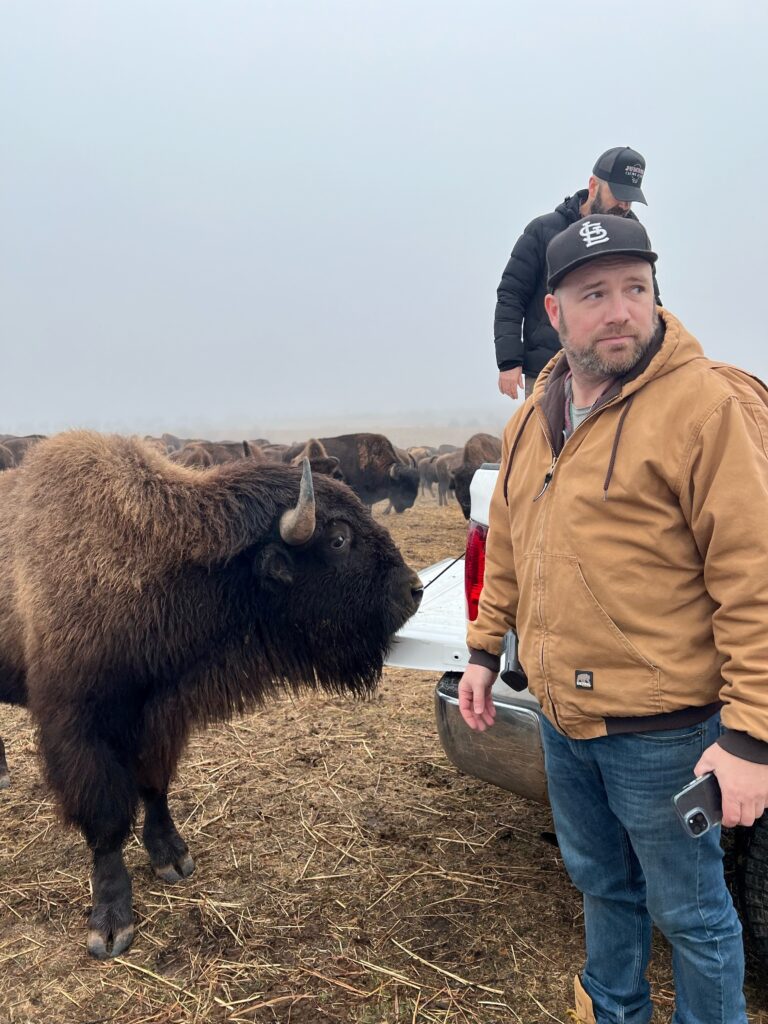
Like any job, producing has it’s ups and downs. Ambuehl said “My least favorite [part is] I often feel that producers are not fully appreciated for the amount of work done behind the scenes, mainly because of lack of knowledge or naiveness from others. I also have found that sometimes producers are given unrealistic goals from clients and expected to meet them no matter the sacrifice. We are supposed to pull a chunky rabbit out of our hat but only a gerbil emerges because production couldn’t afford a big enough hat which often has drafty holes.”
But it’s not all downs, as she went on, “My favorite part is…striving to provide my team/crew with a positive experience and keep them motivated on set which is done through exceptional communication, attention to details, setting and exceeding expectations (and holding others to them), and anticipating and putting out fires.”
Ambuehl, Goff, and Payne all also said a favorite part of producing is seeing the film finally come together, getting to see it in the theatre, and sharing it with audiences.
There are also many misconceptions about producing, as McCartney says, “A common fallacy is equating producers with financiers, as though our sole contribution is financial. In reality, producing is an intricate dance of creative, logistical, and relationship management that transcends mere monetary investment.”
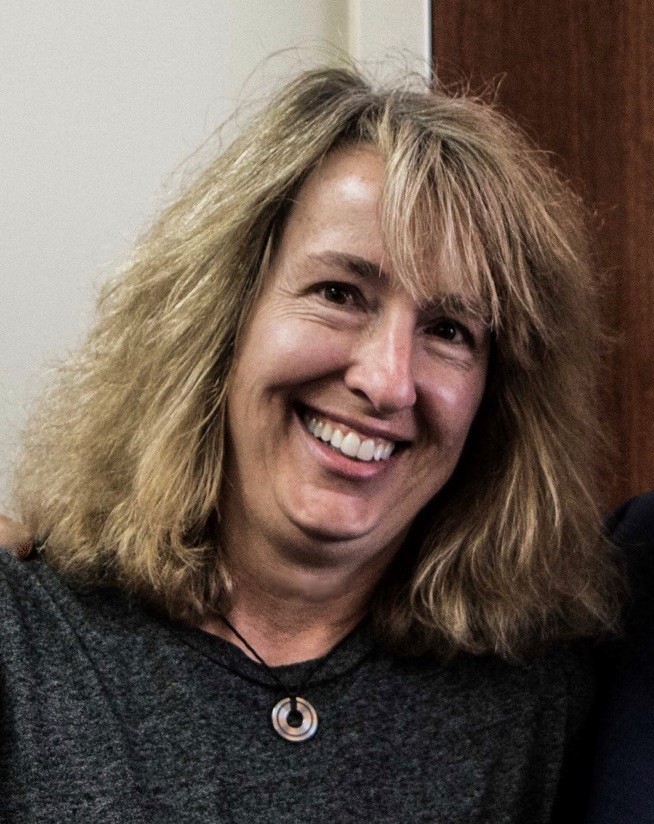
Goff added, “The biggest misconception about producing is that “movies are made.” When, in fact, they are forced into existence.”
And Payne said, “There are no rules as to what makes someone a producer (in credit at least), but I feel being a good producer is understating all aspects of it, not just being able to handle physical production or raise money.”
Finally, we asked each of these talented people their advice for up and coming producers.
Ambeuhl: “A good producer is self-motivated, organized, loves deadlines and spreadsheets, stays calm in trying times, and can see the fires before they start. They are strong communicators, detail-orientated, have strong management skills, and are not afraid of working with budgets. And most importantly, a standout producer loves storytelling, fights through the hard moments because of their passion, and appreciates every part of the process and team to bring stories to life.”
Goff: “The best advice I’ve ever received about being a producer is that without passion for the project I’m producing or the business in general, the work is too hard to want to do.”
McCartney: “A seasoned executive producer once advised me that ‘There is no blueprint to being a producer.’ This tenet has underpinned my career, fostering a drive to innovate and adapt regardless of the challenges faced, always abiding by the adage that ‘producers produce.'”
Payne: “Producing is a messy business and if you can find a way to clean up the mess/streamline it you can be successful.”
Resources:
Running the Show by Jeff Melvoin

